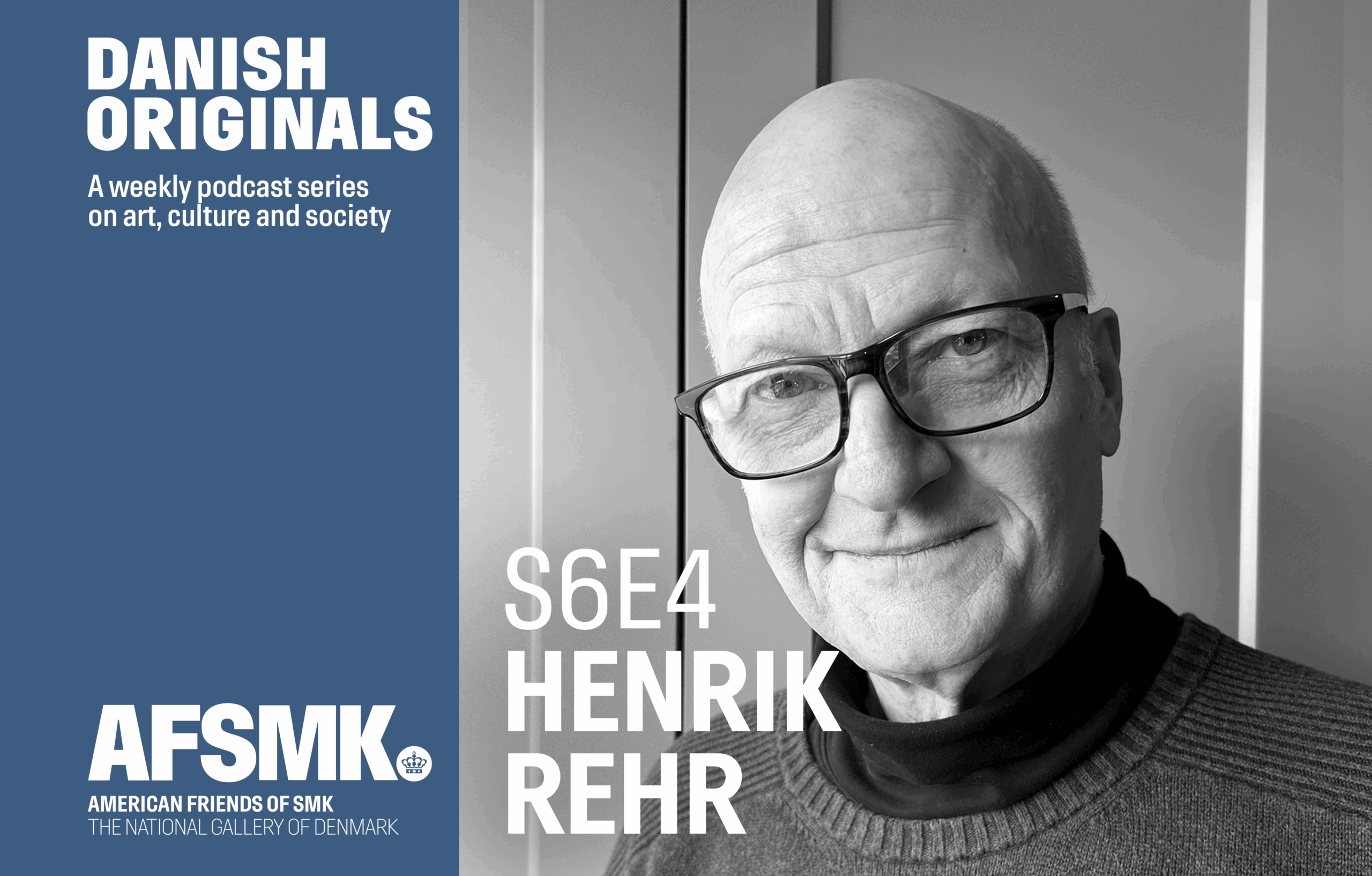When young Islamic men, born and raised in Western cultures, turn to radical interpretations of Islam and lash out at the society they live in, talk quickly turns to the spectre of the ‘home-grown terrorist’ and what responsibility we as a society, their community or their parents had in them being drawn to extremism.
Little of that talk seems to be present in the case of the five young men standing trial in Copenhagen for planning and carrying out politically motivated attacks against targets that symbolised state power, capitalism and animal exploitation. Instead, the discussion seems to be focused on whether the attacks live up to the legal definition of terror.
There is, of course, a vast difference between targeting people and targeting institutions. But, make no mistake, the consequences of these young men’s actions could have been just as tragic as any attack specifically targeting people. The 1995 Oklahoma City bombing, for example, was an attack against the US federal authorities yet still claimed the lives of 168 people.
The suspects have at least one successful firebombing at a police station on their conscience, and they were thwarted while carrying out a second. Meanwhile, an attack against the city headquarters of one of the country’s largest banks inexplicably failed. More attacks were reportedly planned. Any of them could have resulted in a loss of life.
In order for an act to be defined as terrorism, it does not – neither in the Danish legal code nor in the dictionary definition of the word – need to involve the loss of life. Groups such as the IRA and ETA even went as far as warning police that they had planted a bomb in a given area. Yet few objective observers would hesitate to brand these groups as terrorist organisations.
Denmark is no stranger to politically motivated crime. In the 1970s and 80s, the group known as Blekingegadebanden carried out a number of robberies and gave the money to foreign left-wing groups. The group was active before the term ‘terrorism’ came into fashion, but were they active today, their crimes would fall under the same category.
Their successors, the defendants standing trial in Copenhagen, may just be young men from homes with loving parents who have been left wondering what went wrong. But the same could also be said of many of the Islamic fundamentalists who have faced the same charges. It’s true that boys may be boys, but we’ve also seen that boys can also be terrorists. (KM)













